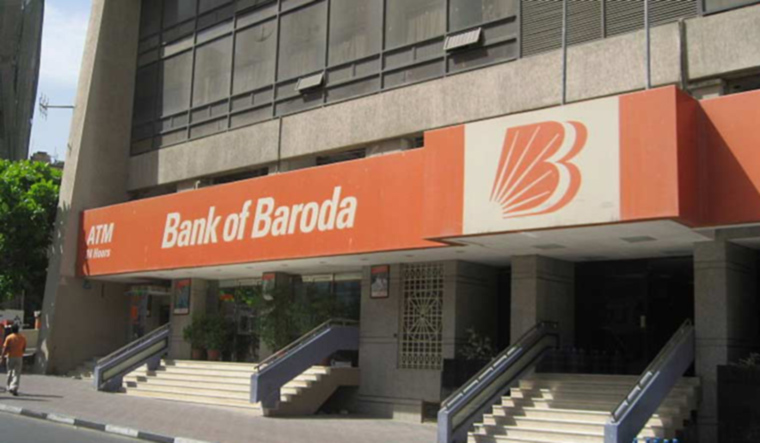Over the last few years, non-performing assets (NPAs) in the banking system have increased, more so as several businesses faced troubles in repaying loans or went completely bankrupt. As the COVID-19 pandemic and the nationwide lockdown imposed to curb the spread of the virus hurts, there may be emerging challenges in retail assets, too.
The lockdown led to temporary closure of factories for over 40 days, and some of them are only beginning to start limited operations now. There has been a huge impact across sectors like aviation, travel and tourism, entertainment industry, retail sector, etc and several reports have warned of a possible huge impact on jobs. This could have some impact on retail asset quality if the COVID-related economic and financial uncertainties last longer.
“To my mind, some early signals of some stress there (in retail assets) were surfacing even before COVID came along and there is no doubt that this portfolio is going to be vulnerable, simply because the kind of instruments you have to craft a customised solution for the borrower, are not available for retail as there are for industrial borrowers, for our large corporates and MSMEs,” said Sanjiv Chadha, managing director and CEO of state-owned Bank of Baroda.
According to him, the interactions with clients suggests it is going to take at least 6-9 months before normalcy returns and what that normalcy means, in terms of how long the lockdown would last, how consumers will behave post the lockdown, how and when will spending pick up, remains uncertain.
The country’s third largest state-owned lender has extended emergency credit lines to help clients tide over their problems, but there will be some stress, he added.
“We have made special COVID lines available to all our clients, which means for all corporates, MSMEs, home loan borrowers, car loan borrowers and crop loan borrowers, 10 per cent of their fund-based limits have been made available as emergency lines,” said Chadha.
The Reserve Bank of India had on March 27 allowed banks and financial institutions to offer a three-month moratorium on payments of installments of all term loans outstanding on March 1.
Chadha said that 90 per cent of Bank of Baroda’s clients had opted for the moratorium. “Even where we had standing instructions from clients and installments were debited from their accounts,we gave clients the option that they can request the bank for the refund of those installments, because we recognised liquidity is scarce, it is at a premium and clients might want to preserve their liquidity,” he said during a webinar organised by CARE Ratings.
To lift a slowing economy, the RBI has over the last few months ensured there is enough liquidity in the system, so that banks could lend. Interest rates too, were slashed by 75 basis points in the previous monetary policy meeting. However, credit growth has still been subdued and banks continue to park their surplus funds with the central bank.
Chadha said banks were not reluctant to lend, but there were asset quality issues, which were having an impact on banks whose balance sheets were already stretched.
“The banks are not credit averse. We are looking at doing business. But, given the situation, which we are in, where the outlook is uncertain, where the balance sheets of banks are stressed, we are facing issues of asset quality, access to the capital market is limited, we have no choice,” he said.
Over the last 8-10 weeks, Bank of Baroda’s credit sanctions have been 50 per cent lower than what they were in the similar period last year, he added.
Currently, 99 per cent of the bank’s branches are functioning and about 90 per cent of ATMs are also open. Chadha said it is now trying to see how it can actually resume full service as some services had been impacted in the lockdown, which is now being lifted depending on red, orange and green zones.



